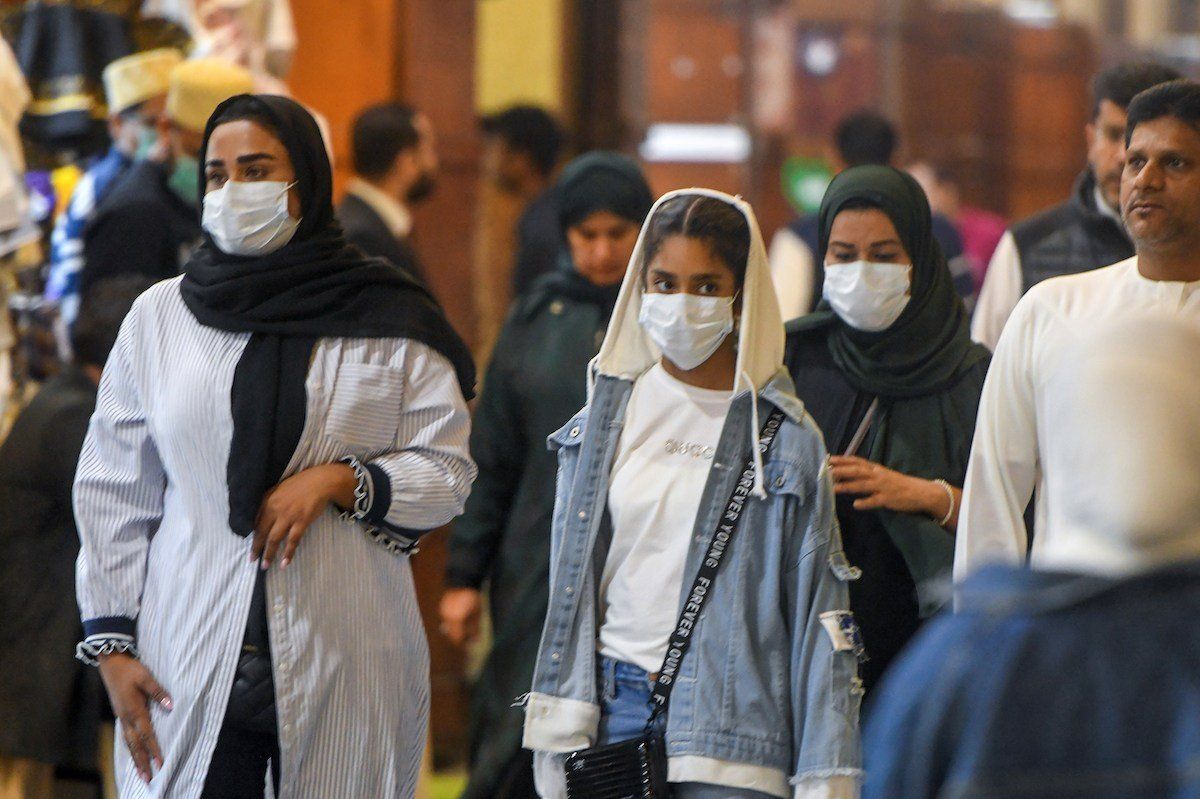
(Photo: Jaber Abdulkhaleg / Anadolu Agency)
COVID-19 knows no race, gender and age. However, the impact of the pandemic is much greater on working women than men in the Arab region.
According to an April policy report by the United Nations Economic and Social Commission for Western Asia (ESCWA), women are among the most vulnerable to the pandemic. In addition to the economic stress, perceived and real food insecurity, and fears of exposure to the disease, there is an increase in domestic violence. Lockdowns in the Arab Region have not only had the effect of boosting domestic violence against women, but have also made it more difficult for them to seek and receive assistance.
The report also said that women workers are exposed to more health risks as a large majority of nurses, midwives and support staff at medical facilities are women. Women also assume the role of informal health-care providers and caretakers in their homes, adding to their emotional and physical exhaustion.
As many as 1.7 million jobs are expected be lost this year in the Arab region due to COVID-19, with nearly 700,000 of them being held by women. This would be, in fact, double the percentage of men’s job losses as women workers comprise only 20 percent of the region’s labour force. This would also be true for work in the informal sector where 62 percent of working women are found.
Meanwhile, access to water, sanitation and hygiene facilities, and health care will continue to be a major challenge, especially during the health crisis, for refugee and internally displaced women and girls, as well as women migrant workers.
Women’s rights and equality have always been central to BWI priorities. Its work in this area has included campaigns and other actions against discrimination and violence against women. BWI has adopted a policy of 30 percent of women’s participation in all its structures. Working women have played important roles in BWI affiliates' structures and activities in Tunisia, Morocco, Egypt, Palestine, Lebanon and Jordan.
It is in this same spirit of empowerment that we help and support working women affected by COVID-19. Unions in the Arab region should work together to ensure women’s health and safety, protect their jobs and incomes, fully recognise their unseen, productive work and contribute to the creation of a “new normal” where gender-based harassment, discrimination and violence are things of the past.
